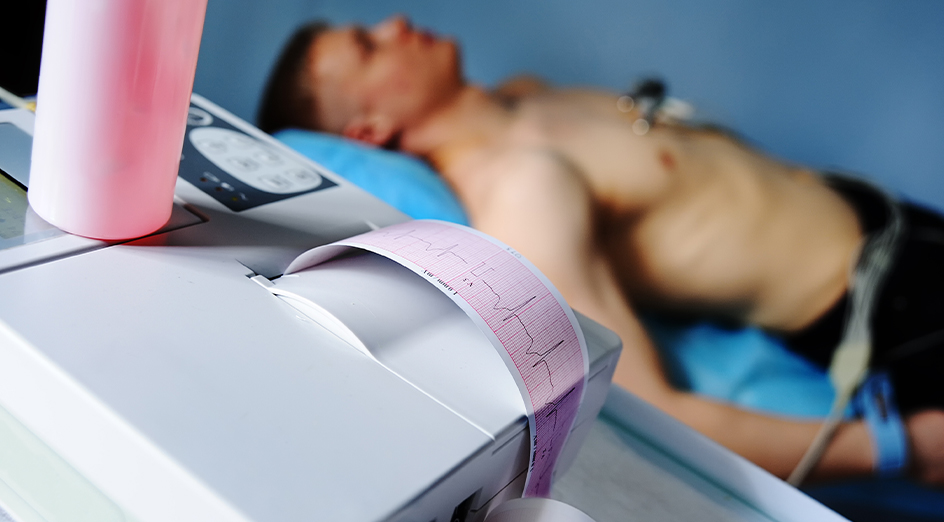A new study led by a PhD researcher from The University of Western Australia has found that artificial intelligence using computer or machine learning may help reduce common cardiovascular complications after non-cardiac surgery, including heart attacks and injuries to the heart muscle.
Dr Janis Nolde, from UWA’s Medical School and the Royal Perth Hospital, and an international team of researchers evaluated data from more than 24,000 participants in the Vascular Events in Non-cardiac Surgery Patients Cohort Evaluation (VISION) study, with the findings published in Anaesthesia.
The team wanted to establish whether machine learning and data could predict medical complications particularly cardiovascular complications from surgery (other than heart surgery) before they occur, so as to better identify and treat vulnerable patients.

“Every year, more than 200 million patients globally undergo major non-cardiac surgeries, and around 10 million of them experience a significant cardiovascular event within 30 days, which can lead to higher mortality rates, poor health and decreased long-term survival,” Dr Nolde said.
“The most common cardiovascular complications after surgery are heart attacks and injury to the heart muscle, but they are often difficult to detect because symptoms can be hidden and routine tests may miss them.”
Using a sensitive laboratory test which measures a protein (troponin) released into the bloodstream when there is damage or injury to the heart muscle, the research group found that one in six patients have elevated levels in the first three postoperative days.
“This condition, known as myocardial injury after non-cardiac surgery, is associated with a greatly increased risk of death and other serious complications in the next few weeks but predicting it is difficult with variables such as age, fitness, any underlying medical disorders and problems arising during or early after surgery, all needing to be taken into account,” Dr Nolde said.
“Machine learning, particularly neural networks, offers a promising approach as these techniques can analyse large amounts of data and identify complex patterns and relationships that are otherwise difficult to spot. They are very adaptable, so can be implemented and tailored to many different settings.”
Professor of Medicine at UWA and Head of Cardiology at Royal Perth Hospital Graham Hillis said the study's results suggest that integrating machine learning techniques with routinely collected data before, during and after surgery may be a promising way to better identify patients at highest risk and those whose risk might increase over time.
“This may allow healthcare professionals to detect problems earlier and intervene sooner to mitigate potential complications,” Professor Hillis said.
“Further work is planned to fine-tune these methods and embed them into routine care.”
